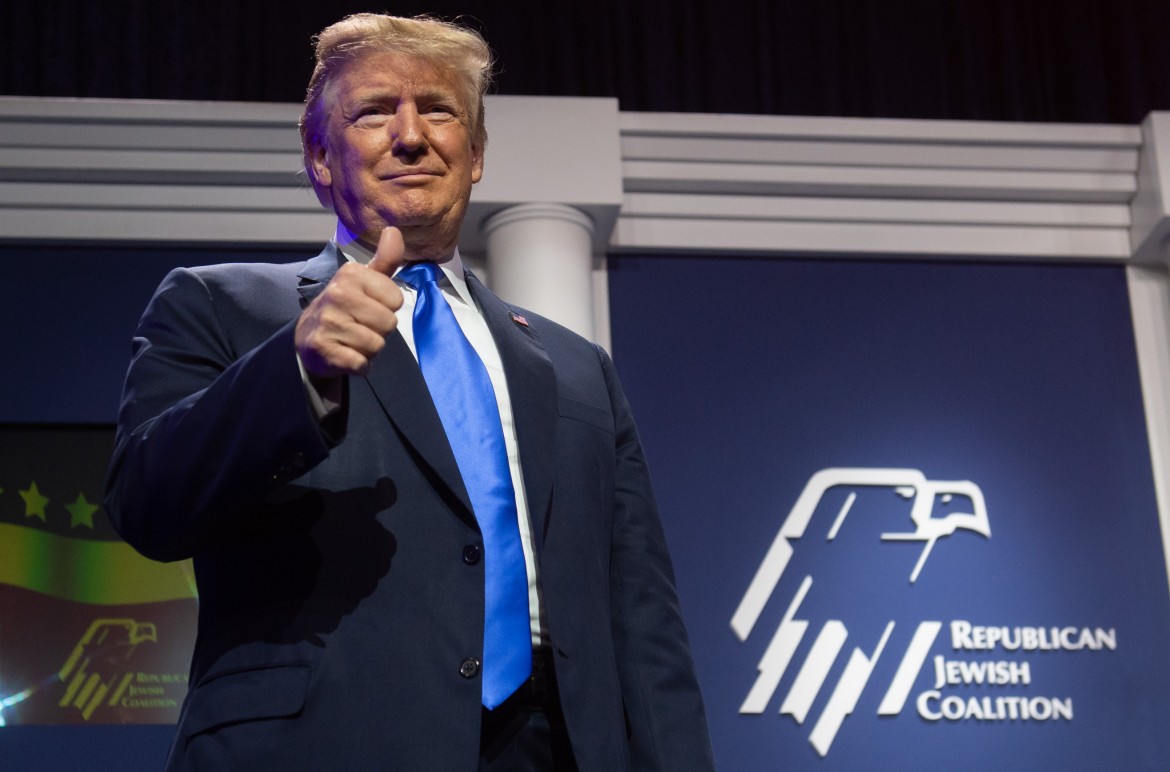Analysis
Is Bolton’s Venezuela plan B an invasion of Blackwater mercenaries?
Erik Prince, under his rebranded mercenary company Academi, is mustering 5,000 Spanish-speaking private soldiers from Colombia, Peru and Ecuador.

After the failure of Guaidó’s attempted coup, US National Security Advisor and uber-hawk John Bolton is still not giving up, even after having failed—for now—to convince his boss, Donald Trump, of the need to send in the Marines in Venezuela. Bolton has a plan B, which he has been preparing for months—at least since January, when he showed up at a press conference with a yellow notepad with handwritten notes that photographers and camera operators managed to capture and zoom in on, and which read “5,000 troops to Colombia.”
A few days ago, it seems we finally got some clarification about what this cryptic note referred to, from Erik Prince, the owner of Blackwater, the first private security company—i.e. supplier of mercenaries—which was initially set up to support the US Armed Forces. Prince told Reuters that a “dynamic event” would be needed to break through the stalemate in Venezuela, and that he has been preparing such an event for a long time, setting up a body of 5,000 Spanish-speaking mercenaries, mostly Colombians, Peruvians and Ecuadorians, ready to be sent to Venezuela. It would come with a price tag of $40 million, which, in the circumstances, would be an acceptable price tag, both from the perspective of the multimillionaire Trump—whom Prince has been a longtime supporter of, and contributor to his presidential campaign—and from that of the wealthy Venezuelans, the adinerados, who live in and around Miami.
In matters of war and similar undertakings, the Pentagon and the CIA have proven themselves to be highly creative. For whatever tasks the Marines are not allowed to do because of a bare minimum of decency before the eyes of the world, they instead hire private contractors. It has been this way since 2002, when Blackwater first sent its hired guns into Afghanistan and then into Iraq.
The problem is that these mercenaries sometimes manage to violate even the very lax ethical standards of the Pentagon. This happened in Iraq in 2007, as The New York Times revealed that mercenaries had been responsible for the murder of 17 civilians in an operation in Nisour Square in Baghdad, which also led to 24 injured. Even more, the US newspaper revealed that Blackwater had also taken part in “extrajudicial detentions” (kidnapping) and assassinations at the behest of the CIA. In addition to their seven-figure fees, Blackwater was, of course, guaranteed immunity for the murderers it employed, after issuing face-saving condemnations of the actions of the killers.
To dodge the bad press and secure new contracts, the company has changed its name to the innocuous-sounding Academi, but Blackwater/Academi is still making bank in the same business. According to The Guardian, the mercenary company grew from a turnover of $200,000 per year before September 11, 2001 to $600 million by 2006 and around $1 billion per year today.
Lital Leshem, the director of investor relations at one of Prince’s other companies, has confirmed that his boss does have a plan for a solution to the crisis in Venezuela, “just as he has a solution for many other places.” However, with the possible exception of Bolton, few believe that Prince and Blackwater/Academi will actually be able to intervene in the Venezuelan crisis. Nonetheless, advertising is the soul of commerce, and this applies to mercenaries as well.
Originally published at https://ilmanifesto.it/per-il-venezuela-pronti-5-mila-mercenari-della-blackwater/ on 2019-05-07
